

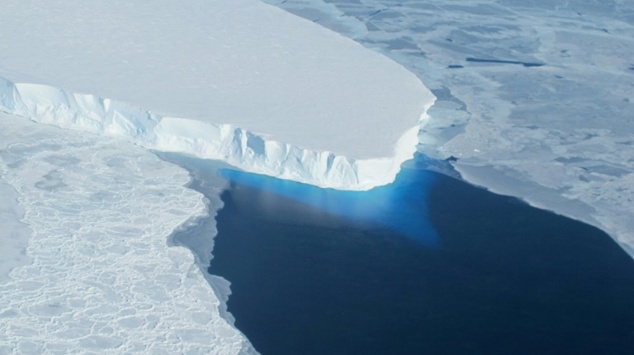
Some 150,000 penguins have died after a massive iceberg grounded near their colony in Antarctica, forcing them to make a lengthy trek to find food, a study has revealed.
The B09B iceberg, measuring 38.6 square miles, grounded in Commonwealth Bay in East Antarctica in December 2010.
The Adelie penguin population at the bay's Cape Denison was measured to be about 160,000 in February 2011 but by December 2013 it had plunged to an estimated 10,000, they said.
The iceberg's grounding meant the penguins had to walk more than 37 miles to find food, impeding their breeding attempts, the researchers wrote in the Antarctic Science journal.
'The Cape Denison population could be extirpated within 20 years unless B09B relocates or the now perennial fast ice within the bay breaks out.'
Fast ice is sea ice which forms and stays fast along the coast.
During their census in December 2013, the researchers said 'hundreds of abandoned eggs were noted, and the ground was littered with the freeze-dried carcasses of previous season's chicks'.
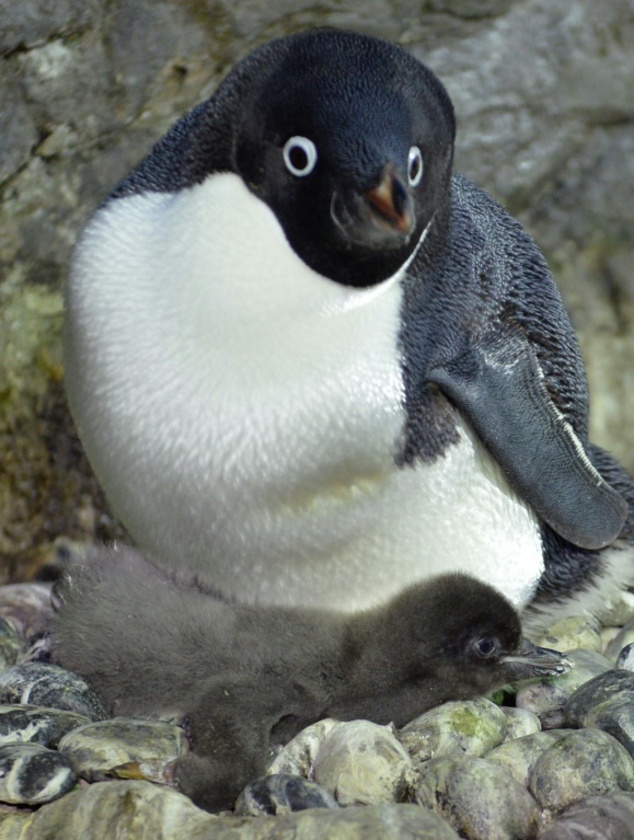
'It's eerily silent now,' NSW's Chris Turney, who led the 2013 expedition, told the Sydney Morning Herald.
'The ones that we saw at Cape Denison were incredibly docile, lethargic, almost unaware of your existence.
'The ones that are surviving are clearly struggling. They can barely survive themselves, let alone hatch the next generation. We saw lots of dead birds on the ground... it's just heartbreaking to see.'
In contrast, penguins living on the eastern fringe of the bay just eight kilometres from the fast ice edge were thriving, the scientists said.
The researchers said the study had 'important implications' for the wider East Antarctic if the current trend of increasing sea ice continued.
Sea ice around Antarctica is increasing, in contrast to the Arctic where global warming is causing ice to melt and glaciers to shrink.
Scientists believe the growth in Antarctic sea ice is largely driven by changes in wind and local conditions.
 Have you ever taken these beautiful subways in China?
Have you ever taken these beautiful subways in China? Chinese beauties, foreign models meet in Chengdu
Chinese beauties, foreign models meet in Chengdu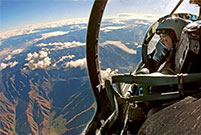 Awesome! Aerial pictures taken on J-11 fighter
Awesome! Aerial pictures taken on J-11 fighter A foreign girl explains what China should be proud of
A foreign girl explains what China should be proud of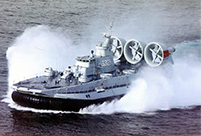 Chinese navy's air-cushioned landing craft in pictures
Chinese navy's air-cushioned landing craft in pictures Chinese pole dancing master opens class in Tianjin
Chinese pole dancing master opens class in Tianjin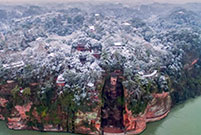 Splendid Sichuan after snow
Splendid Sichuan after snow College girl of Vancouver crowned Miss Chinese Int'l 2016
College girl of Vancouver crowned Miss Chinese Int'l 2016 Pentagonal Mart becomes the largest vacant building in Shanghai
Pentagonal Mart becomes the largest vacant building in Shanghai Top 20 hottest women in the world in 2014
Top 20 hottest women in the world in 2014 Top 10 hardest languages to learn
Top 10 hardest languages to learn 10 Chinese female stars with most beautiful faces
10 Chinese female stars with most beautiful faces China’s Top 10 Unique Bridges, Highways and Roads
China’s Top 10 Unique Bridges, Highways and Roads I heart you!
I heart you! Real kung fu pandas
Real kung fu pandas Young Chinese feeling trapped by pressure to marry
Young Chinese feeling trapped by pressure to marry Monks rebuff allegations that religion is under tighter control
Monks rebuff allegations that religion is under tighter controlDay|Week